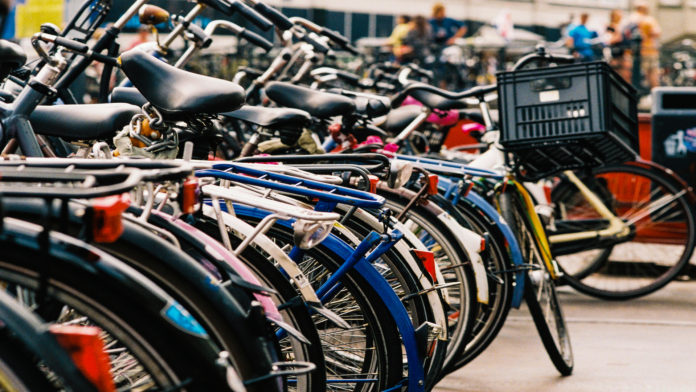With the nation undergoing Enhanced Community Quarantine (ECQ) to Modified Enhanced Community Quarantine (MECQ), public transportation has taken multiple hits. To operate during the pandemic whilst also lessening the risk of COVID-19 transmission, capacities had to be cut by at least 50% to ensure physical distancing while commuting. Despite all these difficulties, the mobility coalition expresses their support of the Department of Transportation’s (DOTr) plans during the pandemic.
Acknowledging that seating capacity is greatly decreased the Mobility Coalition applauds the DOTr’s actions. “Given the likely shortage in public transport supply, we applaud the timely action of the Department of Transportation (DOTr) to promote safe walking and cycling corridors in all cities. Many commuters will have no option but to walk or cycle. Having a network of protected bike lanes and foot paths will motivate Filipinos to shift to these sustainable travel modes and reduce the pressure on public transportation. Investments in such infrastructure will also create jobs in every urban barangay while making our cities more livable. There are also significant health and environmental gains when more people walk or cycle.”
The mobility coalition also commented on the DOTr’s efforts to simplify bus routes in Metro Manila. “We commend the parallel effort of DOTr to make these bus routes more efficient by placing buses on dedicated lanes, where possible. The experience of many progressive cities around the world has shown that prioritizing public transportation on limited road space enables the same road infrastructure to move significantly more people, enhancing the productivity of the entire city.”
Although the mobility coalition has expressed support, they remain objective by making recommendations to the DOTr that can improve public transportation in our country. “We recommend that DOTr should have the capacity to contract public transport services in order to ensure that public transportation services continue even under unprofitable operating conditions. Unless DOTr has this type of facility and sufficient budget ready, there is the risk that bus services on major routes will not be available or be seriously deficient, to the detriment of thousands of commuters.”
They note that the contract model has been proven successful in other countries like Singapore and London. “In many cities around the world, private transport operators are contracted and paid to deliver services on a “fee per day” or “fee per kilometer” basis with government collecting the fare revenue. The contracts are performance-based, with incentives and penalties linked to service standards. We believe that this model, successful in places like Singapore and London, can deliver high quality services to Filipino commuters.”
In their statement, they note that the contract service approach has other advantages. These advantages include the contract can ensure that public transport operations have enough financial capability to undergo proper hygiene procedures. It also notes that if operators are paid “reasonable fees”, the DOTr can demand compliance with the sanitization and hygiene measures that need to take place.
The coalition also brings up a great point that safety protocols that are condoned by the government like physical distancing can increase the use of private vehicles thus increasing traffic congestion, as this has happened in China and Korea. “The Philippines should avoid following this trend by introducing measures to temper the demand for private motor vehicle use–measures that can also provide additional revenues to sustain public transport services. Cities like London, Singapore and Stockholm have successfully introduced road de-congestion charging to discourage private cars from entering congested city centers. A tax on non-residential parking spaces in cities is another way that cities can motivate car users to shift to other travel modes while creating a sustainable funding source for public transport. Renewing streets by making them walkable can also encourage a shift away from cars especially for short trips.”
Despite all the difficulties that public transportation faces, the coalition acknowledges the positive side of it all. “The silver lining in the COVID-19 cloud is the opportunity to achieve a meaningful transformation of the public transportation industry and its business model. The Philippines should not miss this opportunity.”
The mobility coalition has brought up recommendations for the DOTr that can illicit a long-lasting change. These changes can greatly improve public transportation in the Philippines to make commuting more efficient and safe to hopefully reduce the traffic we see daily. The mobility coalition is composed of several groups including, Komyut, MNL Moves, Bicycle Friendly Philippines, Move Metro Manila, Pearl Project, Alyansa ng May Kapansanang Pinoy (Akap-Pinoy) and Affiliated Network for Social Accountability in East Asia and the Pacific (ANSA-EAP).
Photo Credit: Elements.envato.com






